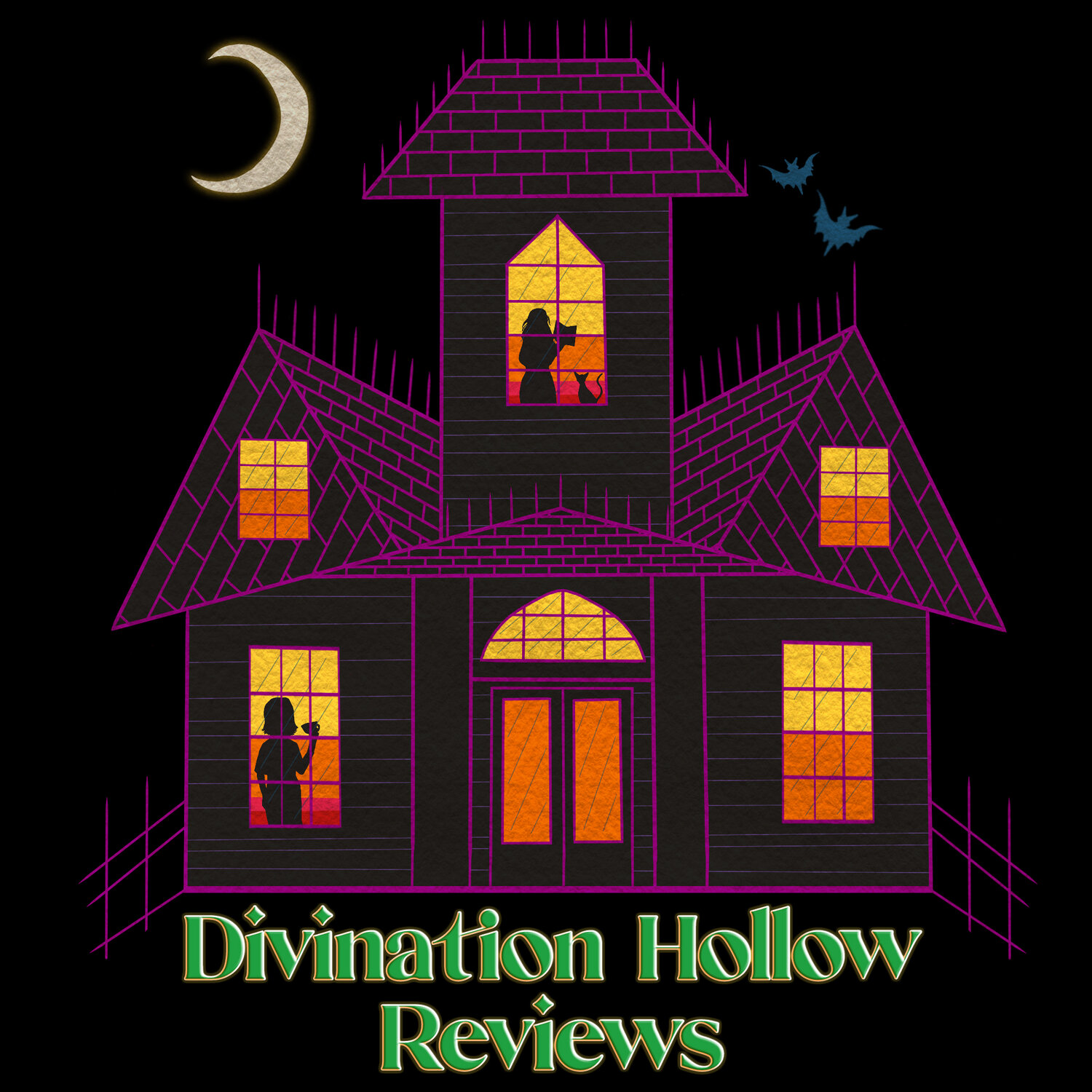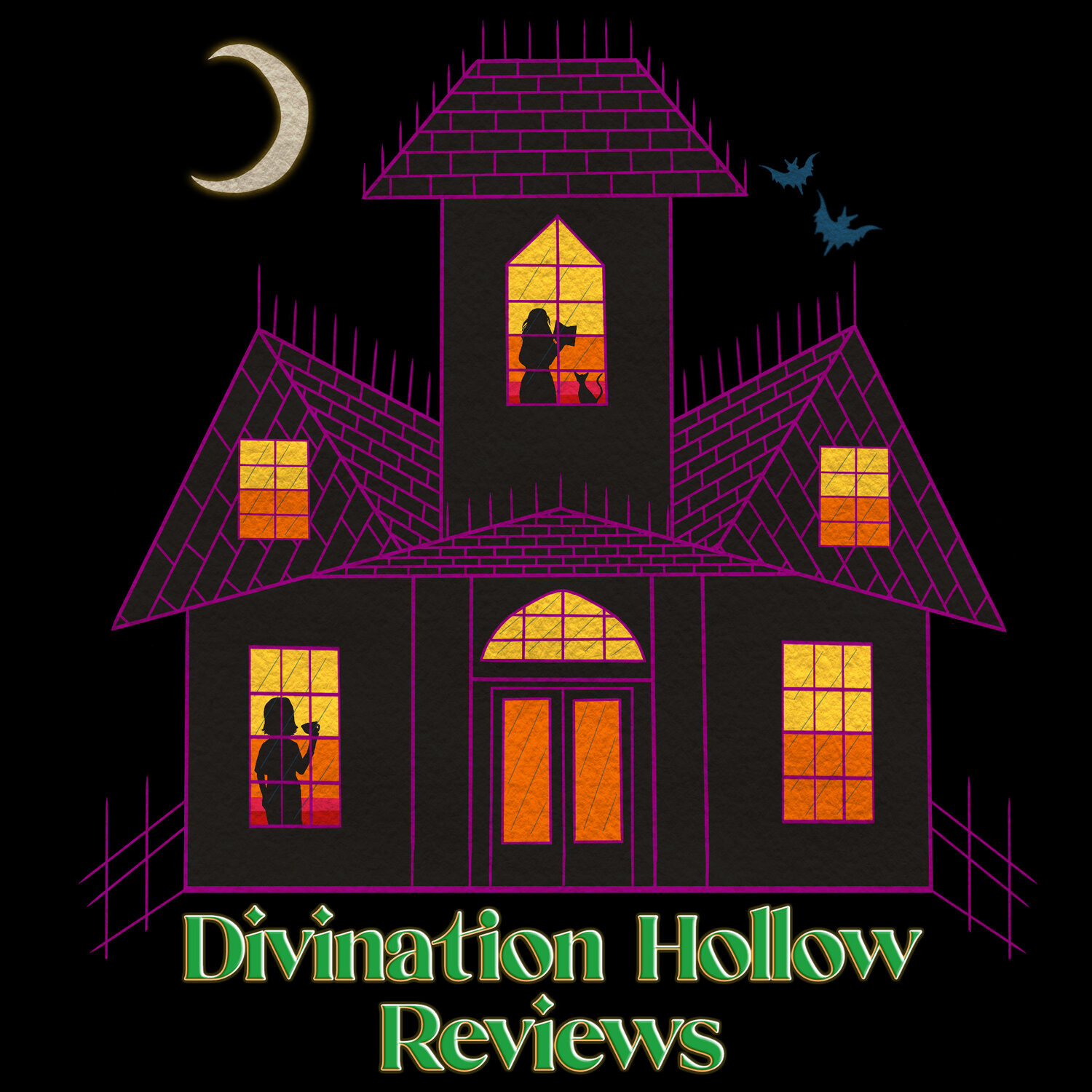[Women In Horror Month] - Women Writing Horror: The Importance of Female Representation in My Favorite Genre
Women Writing Horror: The Importance of Female Representation in My Favorite Genre
As a little girl growing up with a love of all things horror, I got a lot of funny looks from people - family and friends included. I was the only bookworm in my family, and the only person interested in the things that went bump in the night. Trying to explain to my teachers or guidance counselors that the stuff I read and watched wasn’t unhealthy for me - especially in comparison to what my real life was like - wasn’t easy.
While I had what most people would call a “rough childhood”, there were a lot of good, shining points throughout, and one of the brightest of those points was my love of books. Reading transported me to another world, one where the bad things happening around me weren’t really there and couldn’t do any more harm.
Despite this adoration, as I got older and the things in my life got worse, the strength of my love for reading was tested. It got harder for me to lose myself in the stories, and harder to relate to a lot of the people on the pages whose lives were completely and totally different from mine. There were Bad Things and Bad People in my life, and eventually reading books where the biggest issues were a poor grade or being bullied just wasn’t transporting me like it had before.
I didn’t know it at the time, and wouldn’t have been able to articulate it if you’d asked, but because of the darkness in my own life growing up, I felt more attracted to the darkness in the media I consumed. Being afraid on purpose, rather than because of some outside factor, brought back a small bit of control for me that had been taken away by the chaos of my life - and any semblance of control was very welcomed.
From movies to music to books, other people’s pain was something I could find myself relating to again, and could find myself being sucked into and away from the hurt in my own life once I put a focus on exploring the horror genre and everything it had to offer.
As I got deeper into the genre, I began noticing an unfortunate trend. Despite having a decent amount of women characters in the genre, a majority of them ended up being used as tropes and catalysts to further the plots along for their male counterparts. I was relating to the pain from these stories in all of its many forms, but I realized that I wasn’t relating to any of the characters, which was puzzling for me since when I’d read books previously, being able to relate to specific characters had been very important to me.
Another thing I realized was that, amazingly, almost none of the books being published in the genre were written by women. I remember getting out of class one afternoon in high school, and heading to the library on a hunt for new books. Things at home were particularly unpleasant, and I was in dire need of an escape - the library was my reprieve from the real world.
After scouring the shelves, computers, and even asking the librarian for assistance, I came up with just three books written by women that were within the ‘horror’ genre available for me to check out that day: Shirley Jackson’s The Haunting of Hill House, Mary Shelley’s Frankenstein, and Anne Rice’s Interview with a Vampire. Having already read those, I ended up grabbing yet another thick volume by Stephen King, and headed home.
The disappointment of not being able to see myself in very many of the characters or creators in horror was something I’d felt many times before and since that afternoon at the library, but it wasn’t until the last two years that I fully realized how alienated I’d felt from my own favorite genre.
This isn’t to say I don’t believe that men writing horror can’t write a decent female character - I absolutely do! But there are some struggles and situations many women face that can’t really be understood fully until they’re experienced - like the terror of walking to your car alone at night, or the danger in rejecting an unwanted advance from a stranger. While these things can be understood intellectually, the heart pounding fear and feelings of total powerlessness in a lot of everyday situations is something that I’ve only ever really found truly relatable when written by people that have lived through those same experiences.
Suffice it to say that the surge of women writing horror fiction in the last couple of decades since I was a young reader has been incredible for diversity and representation in the genre for me, and for many others. More and more, the community has shown acceptance and excitement toward being more inclusive as a genre, with authors not in support of this forward thinking often being ostracized from the community.
It feels like almost every other week, one of the incredibly talented women authors I follow are posting new podcast interviews, upcoming books, short stories being added to anthologies and collections. I feel so much joy from each of their successes, and celebrate with every announcement of good news - they’re doing it, and they’re doing it well!
I track my reading annually, and last year I read a total of 102 books. Of those, 48% of the books were categorized (by me) as ‘horror’ - and of all the books read, whopping 42% of the authors were women! This is a pretty big deal, since in 2019 alone I would say that I read some of the goriest, most horrifying, and truly scary books I’d ever encountered!
The popularity of women’s voices and experiences in horror has been eye-opening for me, allowing me to truly feel like I am a part of this community and genre that I love so much. As a reader, knowing that the books I’m loving are being written by people who share some of the same experiences as I do gives me an incredible sense of belonging that I didn’t know I was missing.
Even now, as an adult removed from the darkness of my childhood, I find solace in the horror genre, and within the pages of very scary books. It’s an incredible feeling knowing that the genre is still growing, expanding, and changing with the times - and that, for other young girls out there needing a little bit of darkness to turn to for whatever reason, there will be lots of titles, written by both men and women, to choose from.
Here’s a list of 5 great horror books written by some fantastic women to get you started! And just as a small aside, none of these are poetry collections, but I would highly recommend that anyone interested in horror also check out horror poetry - lots of great stuff!
5 Awesome Horror Books Written by Women
The Good House by Tananarive Due

I love horror focused on specific locations - especially when those locations happen to be a creepy house. Tananarive Due’s ability to create vivid, strong, powerful characters is startling, as is her ability to evoke endless emotions from the reader - pain, hope, longing, fear. This was the first of Due’s books that I’d read, but based on it, I went out and immediately bought two more.
To Be Devoured by Sara Tantlinger

The shortest book on this list, this is actually a novella - but it’s one of the best ones I’ve ever read. I described it as visceral & beautiful in my original review, and I stand by that today. Although I wouldn’t recommend it to those who consider themselves very squeamish, this debut novella completely blew me away when I read it! It’ll stick with you.
The Rust Maidens by Gwendolyn Kiste

Although Gwendolyn Kiste had previously published a novella and short story collection (both of which I adore & also recommend!), this was her first actual whole book - and holy moly, is it good! This is body horror done terrifyingly right, and I can’t recommend it enough.
The Winter People by Jennifer McMahon

In my earlier searches for women writing horror, I found Jennifer McMahon’s thrillers and was hooked. When I found out she was writing actual spooky horror, I was super excited - and The Winter People did not disappoint. This is a chilling tale that offers both creepiness & sadness, which are two things I love in my horror.
Into the Drowning Deep by Seanan McGuire

This one was preceded by a novella called Rolling In The Deep, which I’d also highly recommend but is a little harder to come by (unless you’re willing to read it digitally). The continuation of the novella expands into a great story about killer mermaids, science, and the deep blue sea, while also offering diversity and great representation with its characters.

By Cassie Daley
Blog: https://letsgetgalactic.com/
Twitter: https://twitter.com/ctrlaltcassie
Instagram: https://www.instagram.com/holo.reader/
Etsy: https://www.etsy.com/shop/LetsGetGalacticArt

